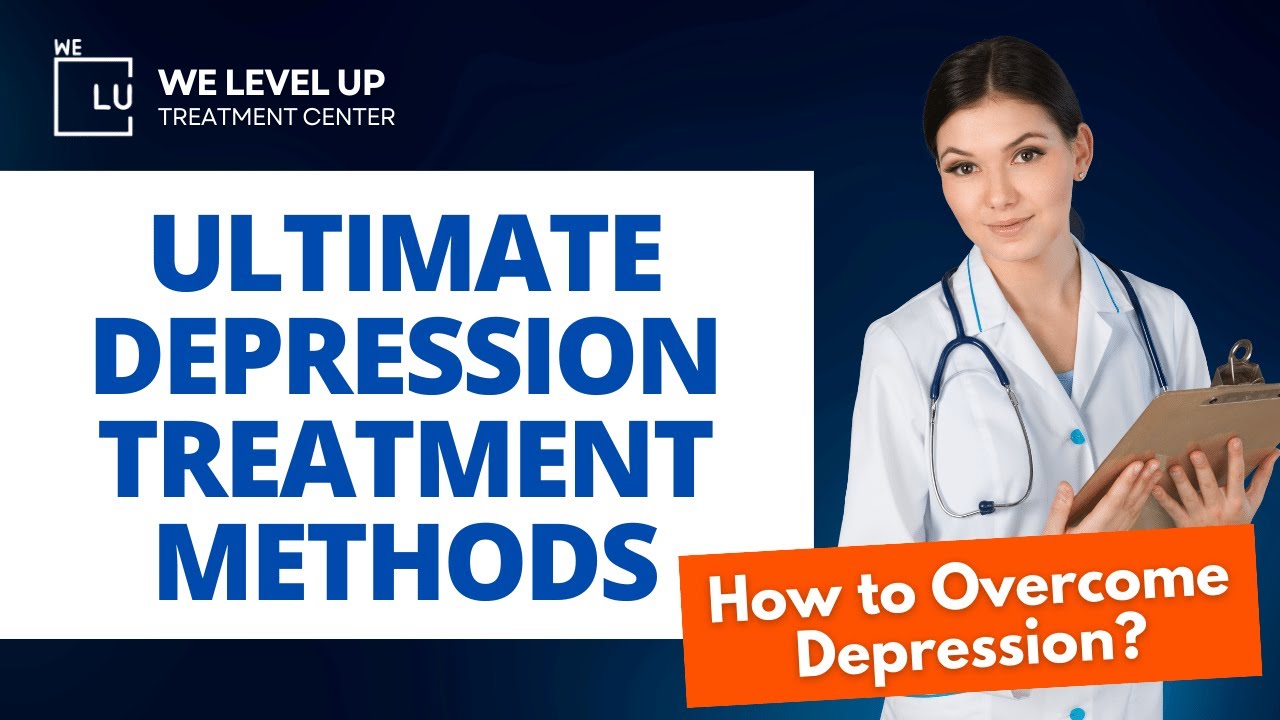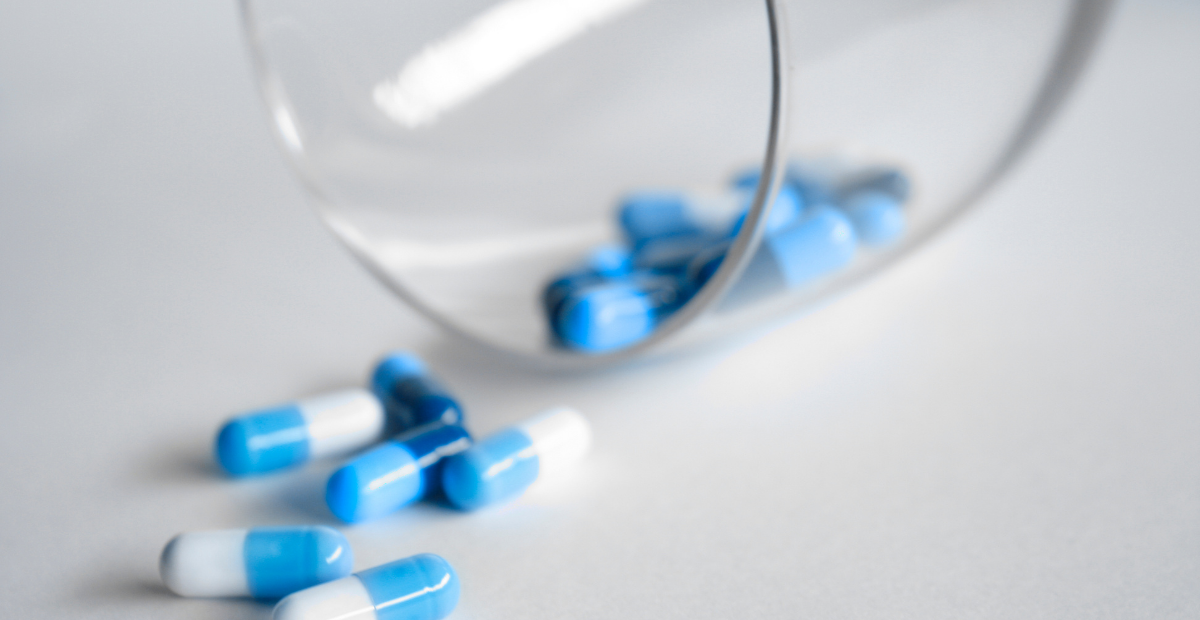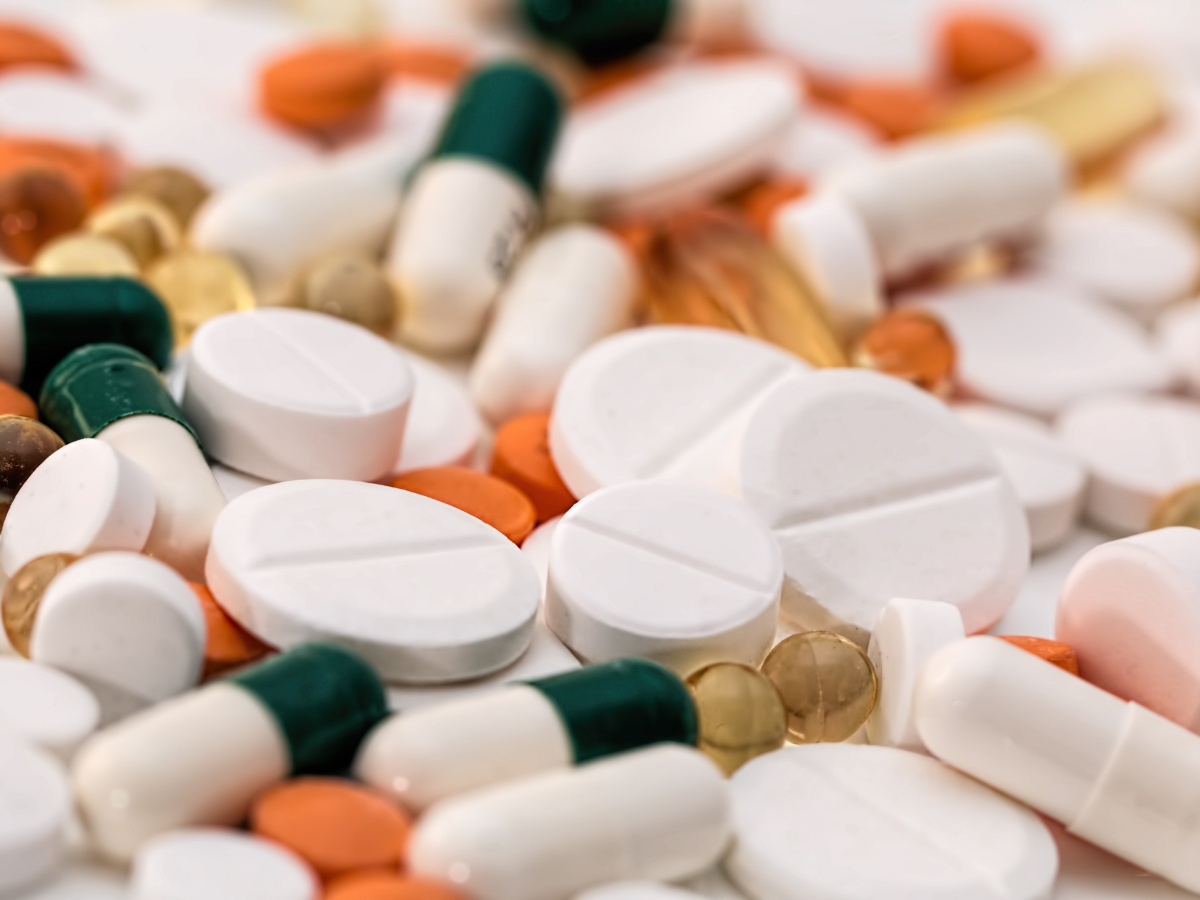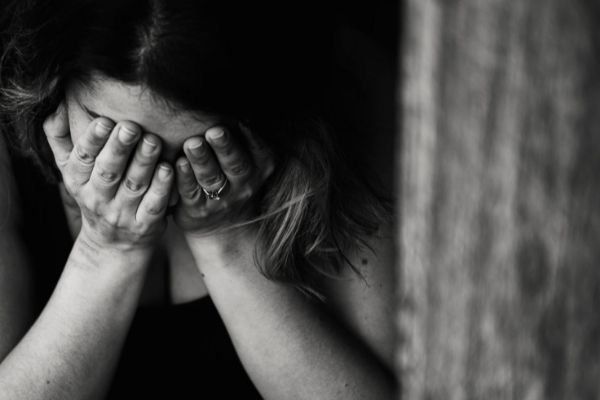What Is Hangxiety?
Hangover Anxiety is a sensation from excessive drinking of alcohol that induces a stress reaction and the production of stress hormones, which trigger irregular heart rate, breathing, and sweating. Consequently, we may conclude that fear is a natural stress response, as well as abnormal heart disorders and traumatic stress. Post-traumatic anxiety disorder, compulsive-compulsive condition, and communal anxiety condition are ideals of nervousness disorders. It is estimated that 40 million people in the United States suffer from hangxiety. [1]
Alcohol Anxiety
The co-occurrence of anxiety disorders and alcohol use disorders (AUDs) is relatively common and is associated with a complex clinical presentation. Sound diagnosis and treatment planning requires that clinicians have an integrated understanding of the developmental pathways and course of this comorbidity. Moreover, standard interventions for anxiety disorders or AUDs may need to be modified and combined in targeted ways to accommodate the unique needs of people who have both disorders. The optimal combination of evidence-based dual diagnosis treatments should be based on a comparative balance that considers the advantages and disadvantages of sequential, parallel, and integrated approaches. [2]
Why Does It Happen?
According to Medical News Today, A person may experience anxiety during a hangover for the same reasons they notice other hangover symptoms, including sleep deprivation and dehydration. However, certain people may be more vulnerable to anxiety. In addition, some specific changes in the body may increase the risk.
Possible causes of anxiety during a hangover include:
- Alcohol-related actions – Sometimes, anxiety during a hangover is a product of a person’s actions during or after drinking, rather than the alcohol itself. For example, a person with a hangover may drink coffee to relieve the symptoms. In some people, caffeine triggers anxiety. A person may also feel anxious if they cannot remember what happened when they were drunk, or if they said or did things that they regret.
- Anxiety disorder – People with anxiety disorders may use alcohol to cope with the symptoms. As a result, they will typically feel more anxious when they are not drinking.
- Shyness – A 2019 study highlights a potential link between shyness, alcohol consumption, alcohol use disorder, and anxiety. The study found that drinking led to a slight decrease in anxiety among shy individuals. However, the next day, they reported more intense anxiety.
- Alcohol use disorder – People with alcohol use disorder may experience alcohol withdrawal when they do not use alcohol. Anxiety may be a symptom of withdrawal.
- Amount of alcohol – While it is possible to get a hangover even after minimal consumption, the risk of hangover-related anxiety may increase with the amount of alcohol that a person drinks. [3]
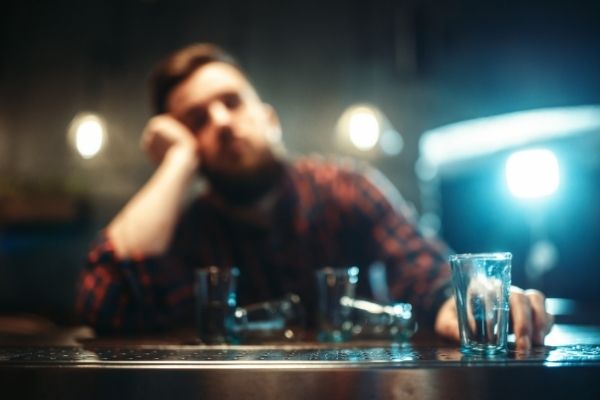
How Long Does Hangxiety Last?
The length of alcohol-induced anxiety varies among each individual. One study in mice found that alcohol-induced anxiety that occurs from withdrawals can last 14-16 hours after initial hangover symptoms.
How To Deal With It?
Fortunately, several evidence-based strategies are available for treating anxiety and AUDs, including both pharmacotherapy and psychotherapy approaches. Administration of these methods for comorbid individuals is complex and may require modification of standard procedures to yield the greatest efficacy. Similarly, if you find that you’re using alcohol to self-medicate — or even turning to drinking more as a way to assuage your hangxiety, which can create a vicious cycle — it might be worth re-evaluating your relationship with alcohol.
Hangxiety Symptoms
People with hangxiety will likely also experience other “typical” hangover symptoms. These include:
- Excessive thirst
- Increased fatigue
- Feeling slow or less alert
- Upset stomach
- Body aches
They may also experience:
- A “knot in the stomach” feeling
- A racing heart
- Feelings of guilt and shame
- Restlessness makes it hard to concentrate, sleep or relax
How To Avoid Hangxiety?
Experts assure us that there are steps you can take to avoid suffering from anxiety after a night of drinking. Here’s how you can manage or even prevent hangxiety.
- Limit your alcohol intake – The most obvious answer to avoiding hangxiety — and hangovers in general, for that matter — is to avoid drinking altogether.
- Hydrate and eat – If you are planning to drink more than the recommended amount, however, it’s important to practice smart drinking behaviors like hydrating and eating plenty of food.
- Take some medicine – Along with consuming plenty of water and food while drinking alcohol, OTC medicine can also help reduce any unpleasant hangover effects, which in turn might help ease feelings of anxiety.
- Exercise and meditate – Another great way to manage anxious feelings after a night of drinking is to engage in exercise, which can help get your blood moving and can ultimately produce a relaxing effect on both your body and your mind.
- Seek professional help – It’s important to reiterate that experiencing hangxiety does not necessarily mean you have an anxiety disorder or an alcohol use disorder.
How To Get Rid Of Hangxiety?
When experiencing symptoms of anxiety after drinking, there are a few things people can do to manage the hangxiety, including:
- Stay hydrated — The common symptoms of a hangover can take a toll on the body. Dealing with the initial symptoms will help you get back to feeling like yourself. You should do this by focusing on rehydration and continuing to drink plenty of water the next day.
- Get some sleep — It is also important to get some sleep while recovering from a hangover. If it’s difficult to sleep, take a shower, and put on some relaxing music.
- Over-the-counter pain relief — Take ibuprofen to help ease any headaches or other physical discomfort.
- Clear your mind — Meditation calms the brain and has been shown to reduce feelings of anxiety.
- Exercise — This doesn’t have to be anything strenuous. A light walk can help clear the mind and get the endorphins flowing.
- Go about your routine — Cleaning your room or running errands can take your mind off things. Doing them can also lead to a sense of accomplishment, which can help ease anxiety.

If these basic steps don’t work, consider speaking with a mental health professional, such as a therapist.
Alcohol Detox
Alcohol addiction is a life-threatening condition that can lead to a constant health crisis and may even be fatal. Thus, immediate professional help is the only way to avoid harm to yourself or a loved one. Comfortable alcohol detox is attainable if you seek professional help rather than detox by yourself and face harmful withdrawal symptoms.
Withdrawal from alcohol is an important first step to overcoming your alcohol-related problems. However, withdrawal isn’t an effective treatment by itself. You’ll need further treatment and support to help you in the long term. [4]
There are two significant signs of alcohol addiction: tolerance and withdrawal. Alcohol addiction is a dangerous condition because it can ultimately become life-threatening. A medically-assisted alcohol detox allows the body to eliminate all alcohol in the body and return to its usual functioning. An individual who has been struggling with a moderate to severe alcohol use disorder (alcohol addiction) has a significant likelihood of developing withdrawal symptoms and could benefit from the help of a detox program.
The longer and heavier the drinking, the more prolonged and more severe detox will be. For this reason, going through the process sooner than later, and getting help, is critical to recovery.
Once fully admitted and evaluated, the 2nd stage of detox gets underway: stabilization. Based on the data provided during the admissions process, patient feedback, and the symptoms observed; our experienced team of medical addiction professionals will provide care to keep the patient stable and as comfortable as possible.
Find A Treatment That Works For You!
The first step in alcohol use disorder treatment is alcohol detox. It will help you navigate the complicated withdrawal process, but it doesn’t address patterns of thought and behavior that contribute to drug abuse. Various treatment approaches and settings can help provide the ongoing support necessary to maintain long-term sobriety after you complete detox.
Cravings are very common during detox and can be challenging to overcome. This often leads to relapse. Constant medical care provided during inpatient treatment helps prevent relapse. Clinicians can provide necessary medication and medical expertise to lessen cravings and the effects of withdrawals.
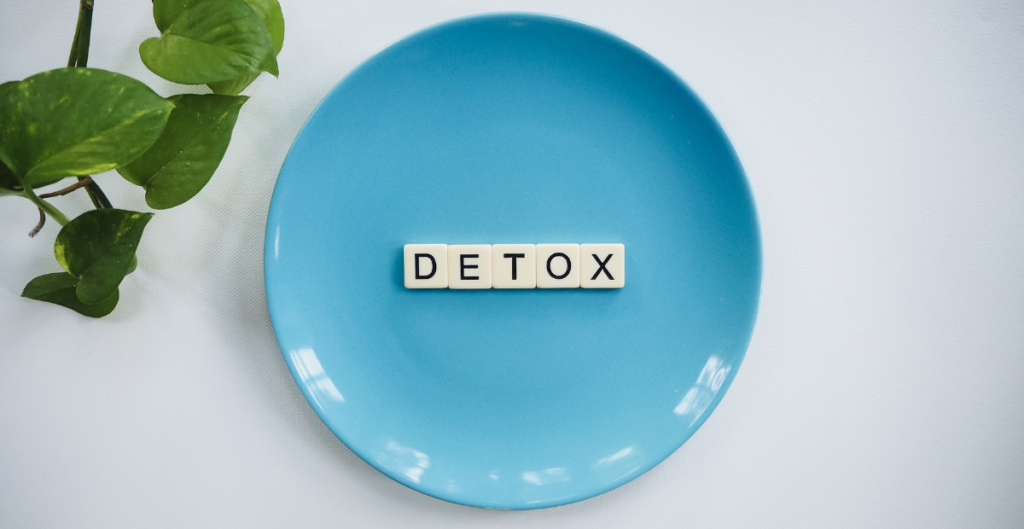
How We Can Help? Searched for “Texas inpatient consultants & inpatient alcohol rehab Houston TX?” or are you seeking a national inpatient rehab destination?
Drinking alcohol causes brain damage and causes harm to your loved ones as well. If you or a loved one are struggling with alcoholism and co-occurring mental health conditions such as anxiety and depression, contact one of our helpful treatment specialists today. We Level Up TX can provide information on dual diagnosis and detox programs that may fit your specific needs.
Call today to speak with one of our treatment specialists. We will help you explore hangxiety & alcoholism treatment options. Your call is private and confidential, and there is never any obligation.
Sources:
[1] Hangover Anxiety – https://dualdiagnosis.org/resource/hangover-anxiety/
[2] Anxiety and Alcohol Use Disorders – National Center for Biotechnology Information
[3] Why some people experience anxiety during a hangover – https://www.medicalnewstoday.com/articles/hangover-anxiety
[4] Alcohol Misuse – National Health Service UK

